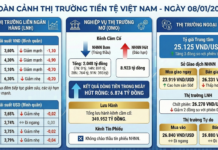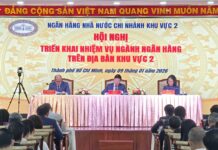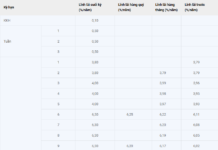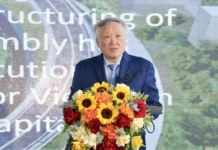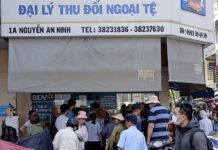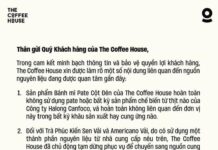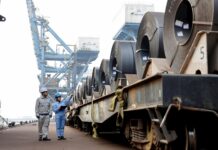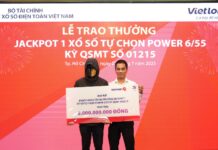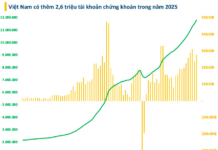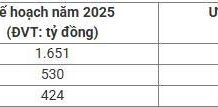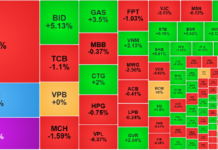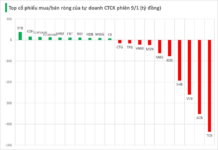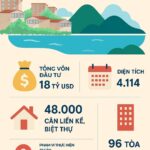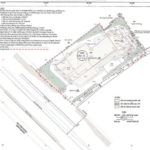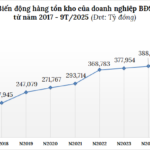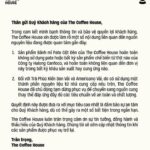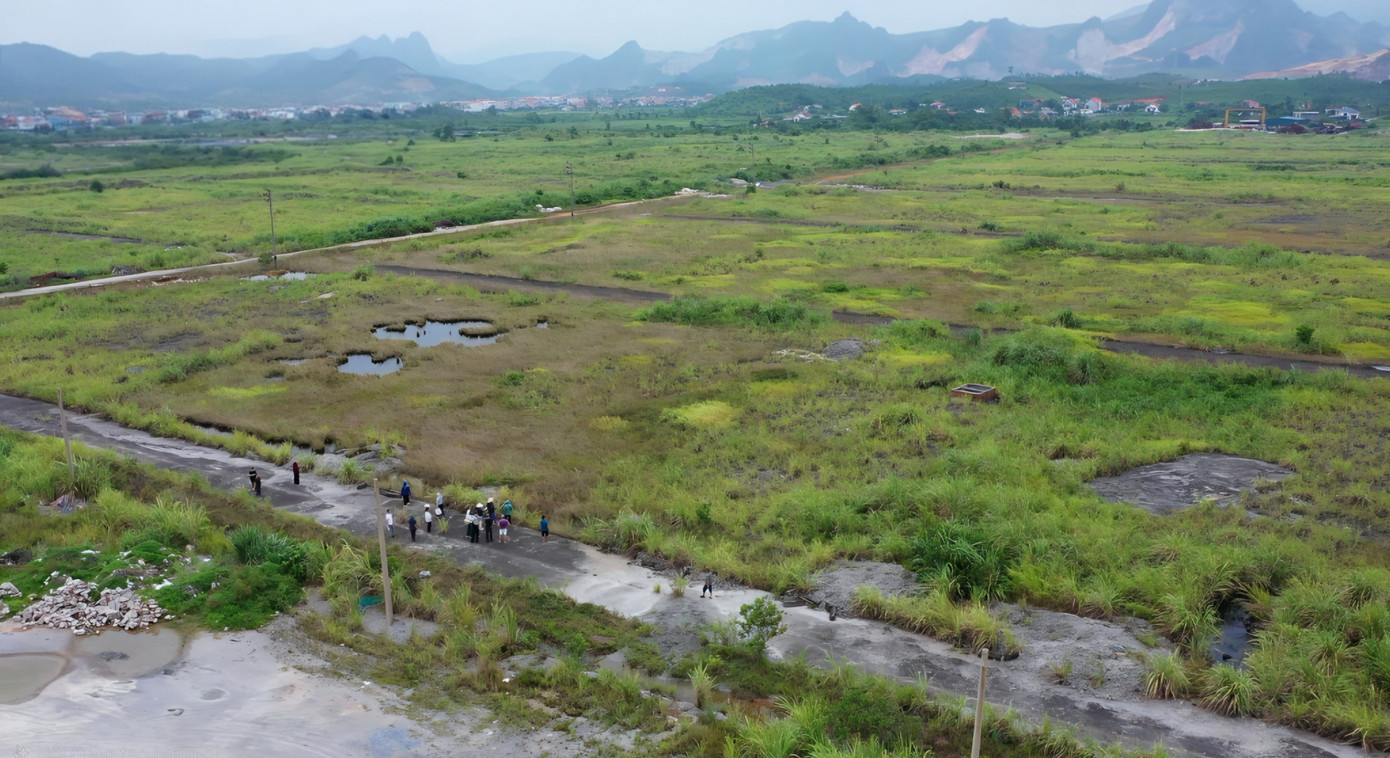
After nearly two decades, the Bac Cau Bang real estate project remains an overgrown wasteland.
A Troubled Development
The Bac Cau Bang Urban Area Infrastructure Development and Business Investment Project (Bac Cau Bang Project) was initially approved by Quang Ninh Province in 2003, with the 707 Infrastructure Construction and Business Enterprise under Cienco 5 as the original investor.
In 2005, the province reassigned the project to Thong Nhat 508 JSC, envisioning a modern urban area transforming aquaculture ponds, agricultural land, and 16 hectares of residential land belonging to 34 households in Chan Deo village (Thong Nhat commune) into a contemporary residential zone.
On January 11, 2008, Thond Nhat 508 JSC received the first land allocation of nearly 472,000 m², with a three-year project timeline. However, almost 20 years later, the developer has only completed land leveling, gravel spreading, concrete paving for some roads, and main electrical line installation. Essential infrastructure systems like drainage and wastewater treatment remain largely absent.
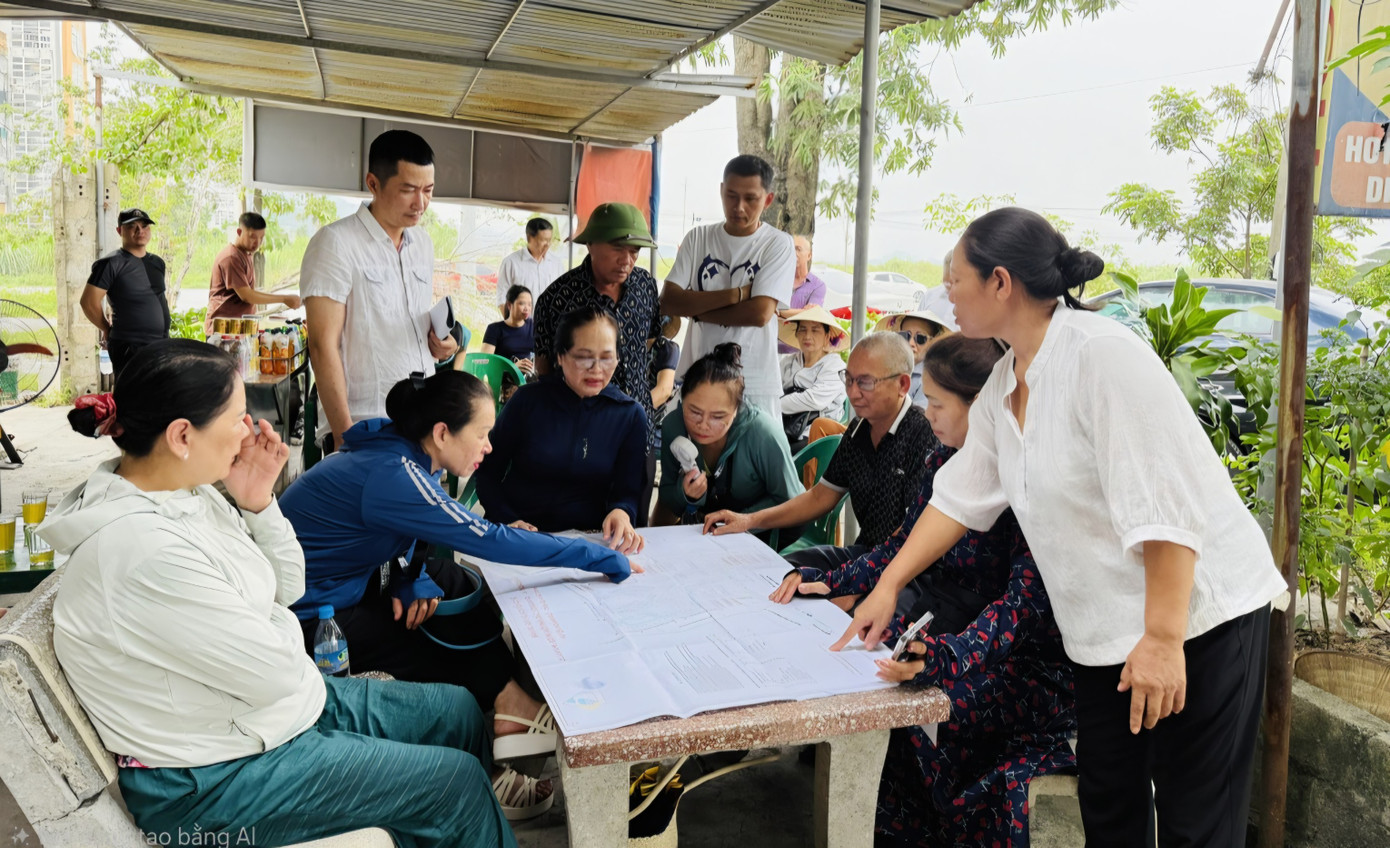
Secondary investors anxiously await progress after nearly two decades of delays.
For the remaining area, the company has cleared over 62 hectares, completed 50% of land leveling and filling, and constructed 20% of internal roads. 15.7 hectares of uncleared land have been reclaimed and returned to Chan Deo village households. Since the initial land handover, the project has fallen nearly 20 years behind its original investment schedule.
According to the capital contribution agreement, customers were promised land transfers and handovers between 2008 and 2012. In reality, since around 2007, hundreds of households have paid capital contributions for land plots, but they still anxiously await their designated lots on the planning map. Many had to borrow money, sell homes, or liquidate assets, hoping for a plot in the new urban area, yet nearly 20 years later, they still have no land to build on.
Particularly, for Phase 2, on January 17, 2018, the Quang Ninh Department of Planning and Investment issued Decision No. 121/QD-KHDT terminating the project due to a nine-year delay and failure to pay land use fees as required. This left capital contributors in Phase 2 facing a double risk: the project was “canceled” on paper, and the money they paid may never be recovered.
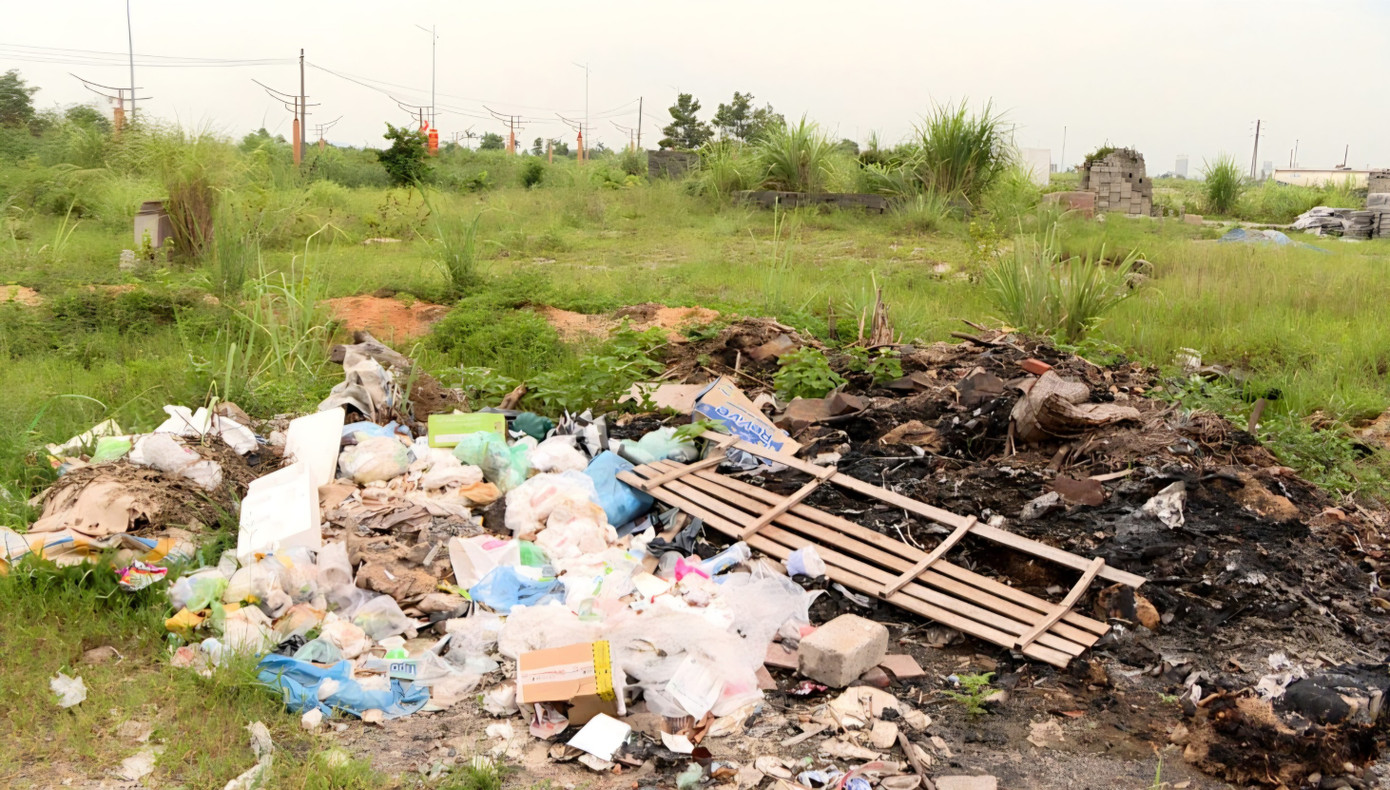
The project’s current state raises concerns about potential land reclamation due to continued delays.
In addition to delays, the Bac Cau Bang project has been a hot topic in provincial directives regarding capital mobilization and financial obligations. In August 2019, the Quang Ninh People’s Committee issued Document No. 5951/UBND-XD3, directing the Provincial Police to inspect Thond Nhat 508 JSC’s capital mobilization for Phase 2, following citizen complaints about land transfer contracts signed without completed legal procedures, land allocation, or land use fee payments.
In 2020, the Quang Ninh Tax Department publicly listed 361 tax-delinquent enterprises, with Thond Nhat 508 JSC topping the list with over 288 billion VND in debt. This raised serious concerns about the developer’s financial capacity to fulfill commitments to hundreds of customers.
During constituency meetings, many expressed concerns about “hundreds of billions of people’s money tied up in the project,” as Phase 2 was terminated, land was reclaimed, and obligations to capital contributors remained unresolved across multiple terms.
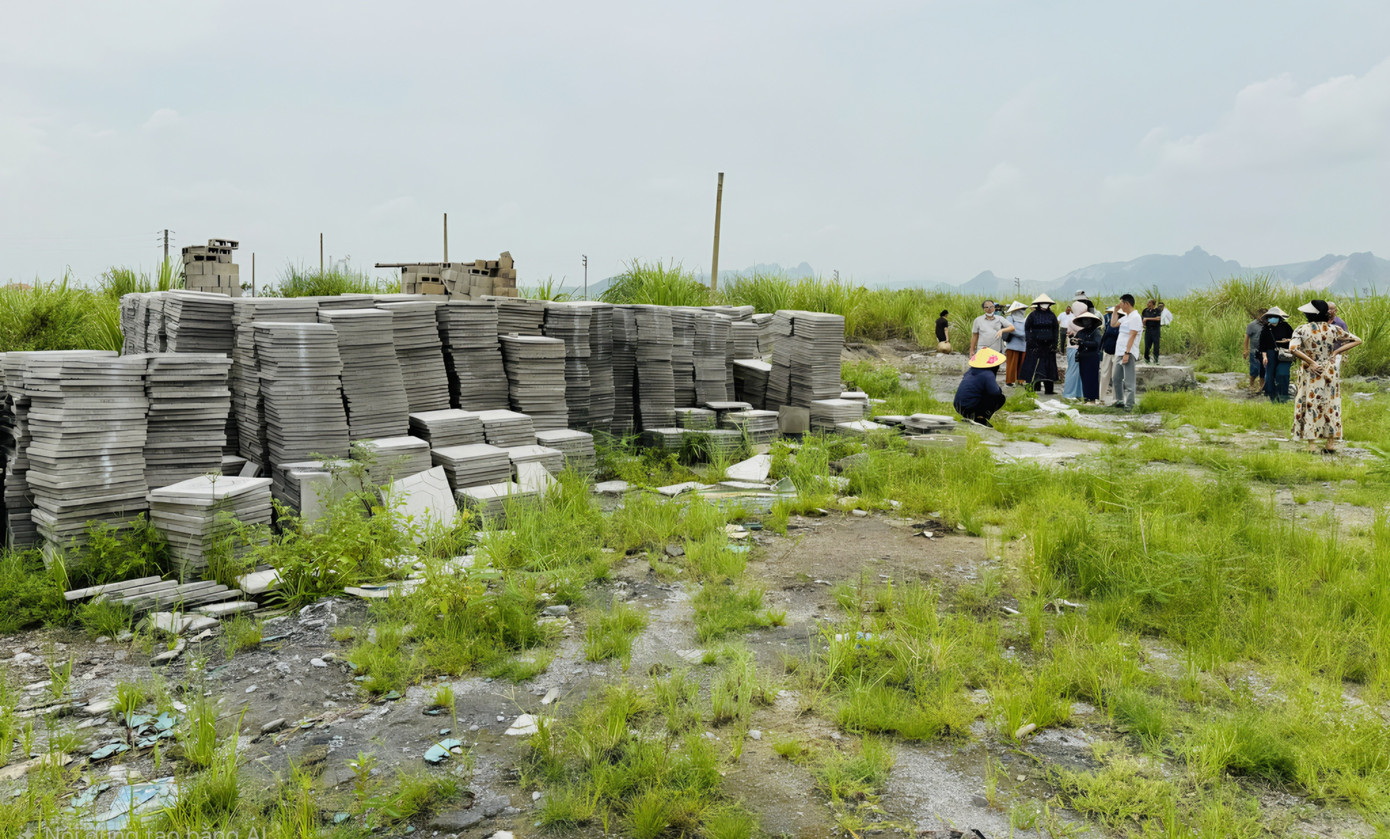
Phase 2 of the project was previously terminated.
Quang Ninh’s New Ultimatum
Amid public frustration, the Customer Representative Board and capital contributors have repeatedly proposed jointly resuming the project under strict provincial supervision, referencing models used for other stalled projects in the area. Secondary investors pledged to help Thond Nhat 508 JSC fulfill financial obligations, pay land use fees, and cover related expenses if the province facilitates legal procedures.
In response, on November 15, 2025, Mr. Vu Van Dien, Standing Vice Chairman of the Quang Ninh People’s Committee, convened a tripartite meeting to address the long-neglected project’s issues.
At the meeting, Thond Nhat 508 JSC requested provincial support for financial procedures during project adjustments, expedited investment decision appraisal, and clarification of financial obligations to resume work, stabilize customer confidence, and complete the project.
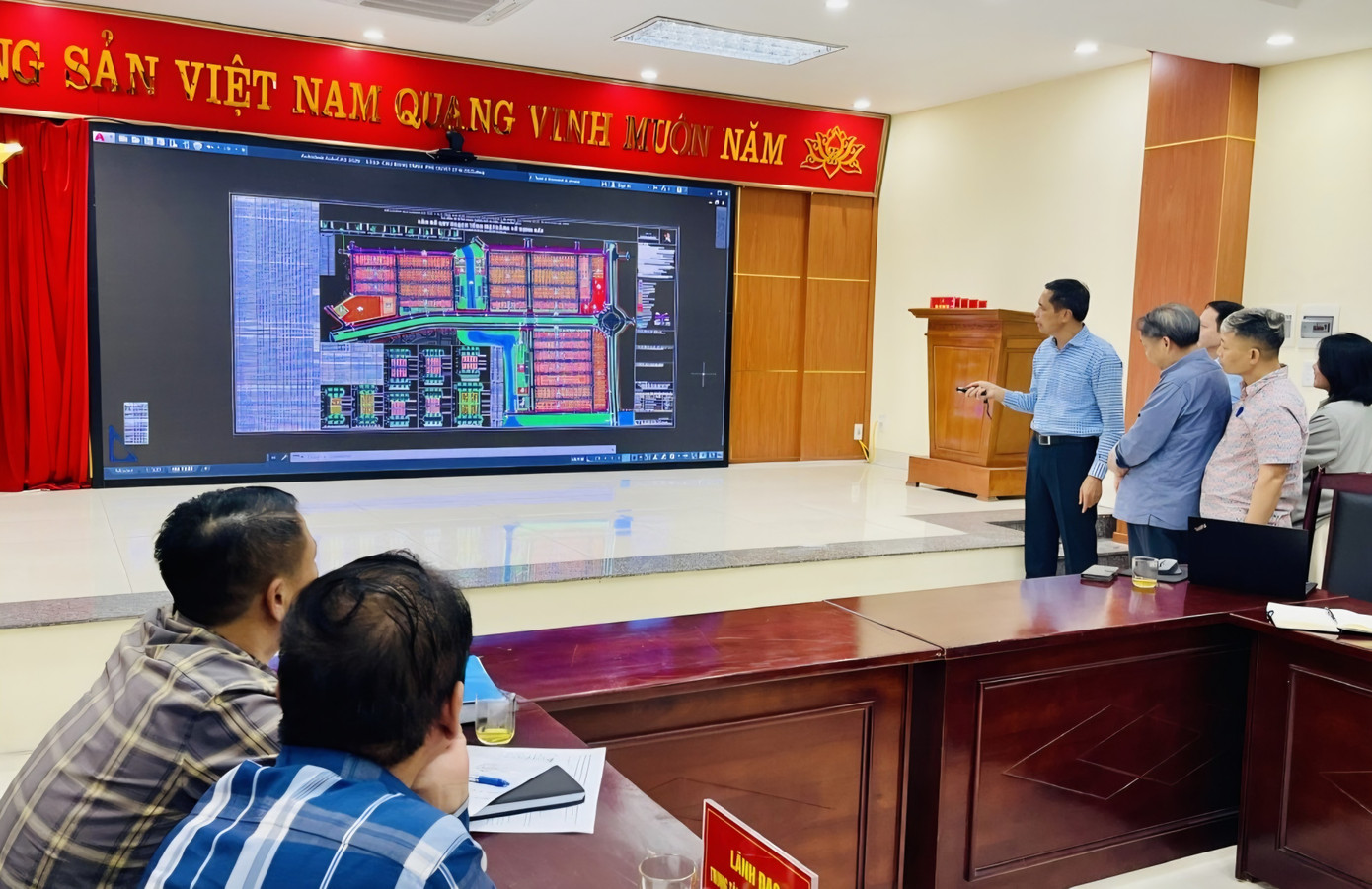
Mr. Vu Van Dien (far left), Standing Vice Chairman of Quang Ninh People’s Committee, discusses project supervision and acceleration with secondary investors.
However, the People’s Committee emphasized that as the project involves nearly 1,000 secondary investors and directly affects hundreds of households, the province will “support but not shield” the developer.
Mr. Vu Van Dien stressed that while the province will provide maximum support, the developer can only be considered for a project extension upon fully meeting financial obligations, presenting a feasible financial plan, and submitting a detailed infrastructure investment schedule.
The Vice Chairman also directed relevant departments to recalculate land prices based on the Government Inspectorate’s Conclusion No. 2096/KL-TTCP dated September 5, 2014, and clarify the financial plan for the adjusted area. Thong Nhat Commune People’s Committee must establish a Project Steering Committee to determine ground levels, prevent flooding risks upon completion, and supervise construction compliance with technical standards. The planning map must be publicly displayed at the construction site and commune headquarters for citizen monitoring.
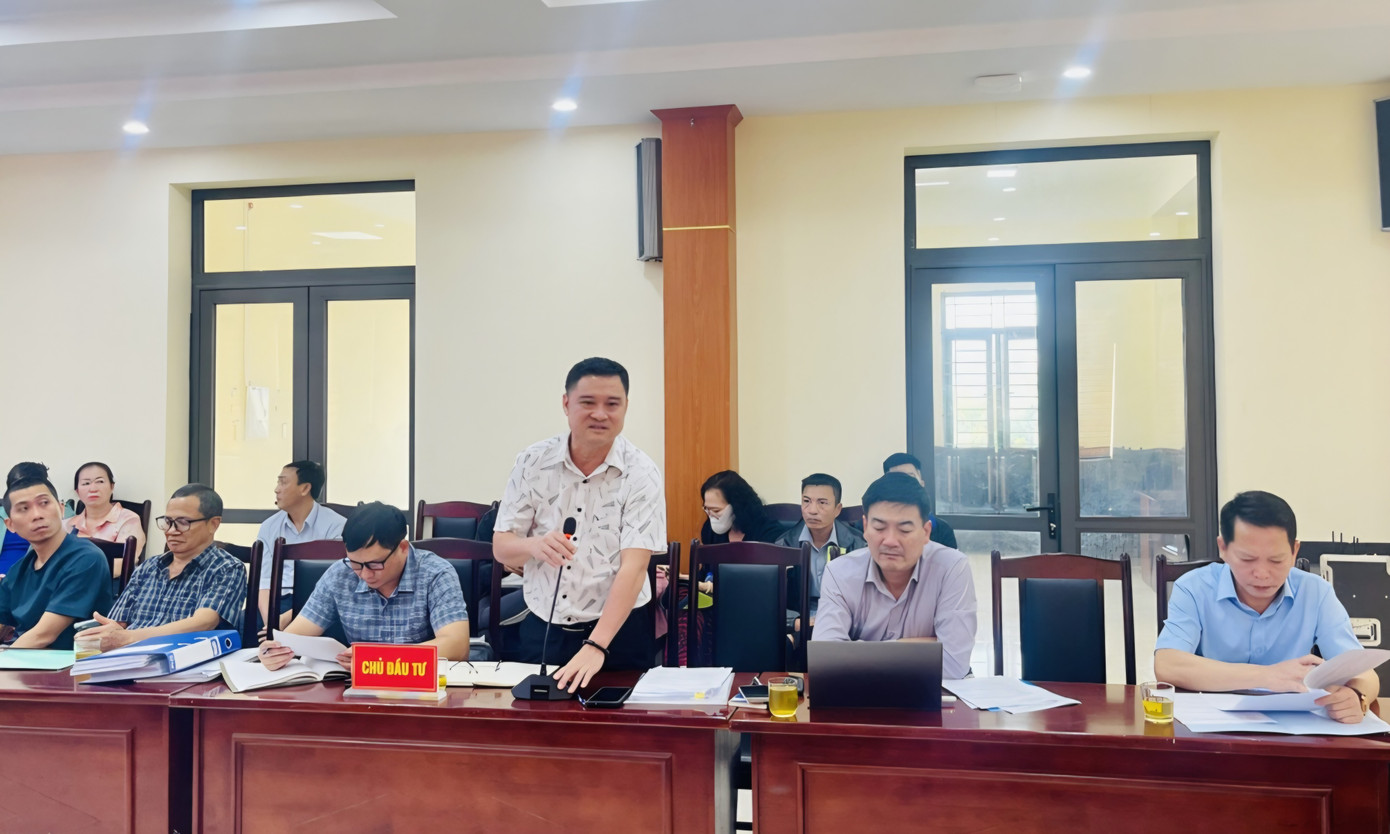
Developer representatives report on project progress.
If these commitments are seriously implemented, Q1/2026 could mark the end of Bac Cau Bang’s nearly 20-year stagnation, restoring rightful benefits to hundreds of households who entrusted their money and hopes in a new urban area at Ha Long’s gateway since the early 2000s. Should delays persist, with publicly disclosed financial obligations and deadlines, public opinion awaits Quang Ninh’s application of the Land Law and Investment Law’s full sanctions to address this “ultra-slow” project in the province’s central area.
DC4 Acquires Trí Holdings, Eyes Residential Development in Ho Chi Minh City
The Board of Directors of DICERA Holdings JSC (HOSE: DC4) has approved the acquisition of nearly 36.9 million shares (equivalent to 99.68%) of Trí Holdings Real Estate Investment JSC (Trí Holdings) at a total value exceeding 428.6 billion VND.
Which Real Estate Sector Saw the Biggest Price Surge in the Last Decade?
From 2015 to 2025, central Ho Chi Minh City’s real estate prices surged across all segments, though growth rates varied significantly. Land plots led the charge with a staggering 384% increase (from VND 25 million to VND 121 million per square meter), followed by apartments at 197% (VND 31 million to VND 92 million), private houses at 168% (VND 56 million to VND 150 million), and storefront properties at 134% (VND 92 million to VND 215 million).
Record-High Inventory Squeeze Hits Real Estate Firms
The inventory landscape for real estate businesses reached unprecedented heights by the end of Q3 2025. Several firms saw their stockpiles surge by tens of trillions of Vietnamese dong.






